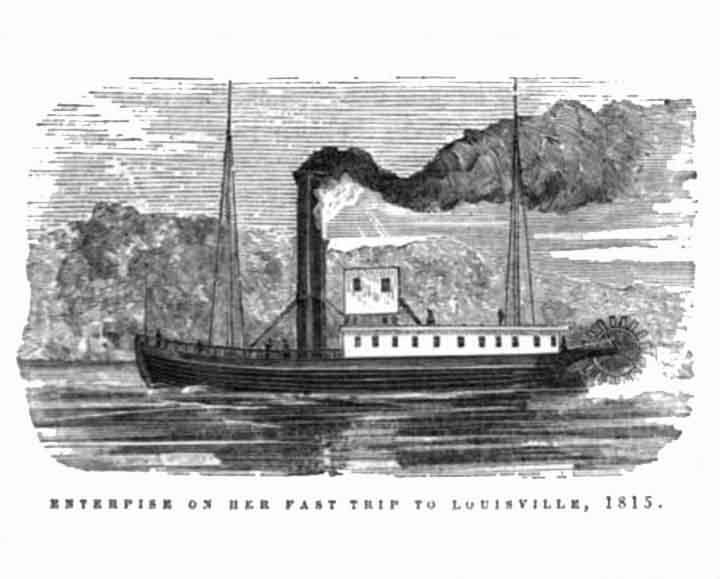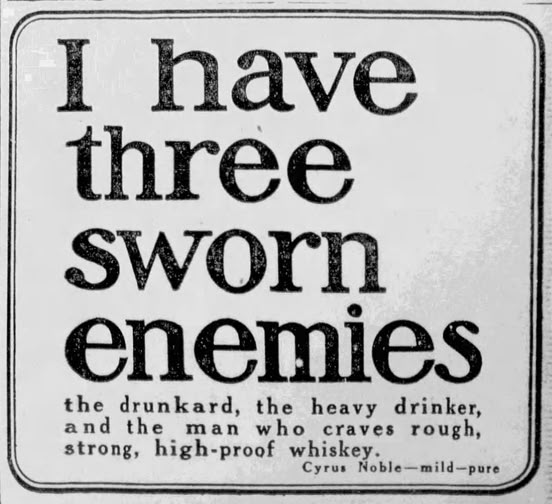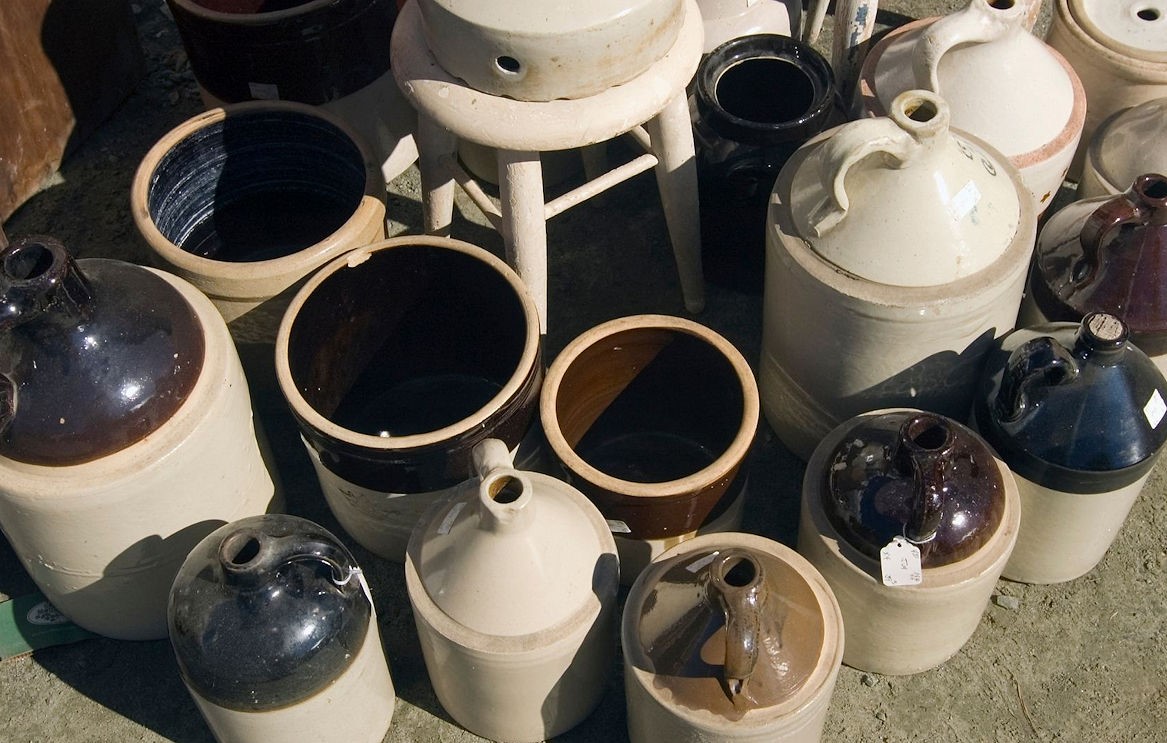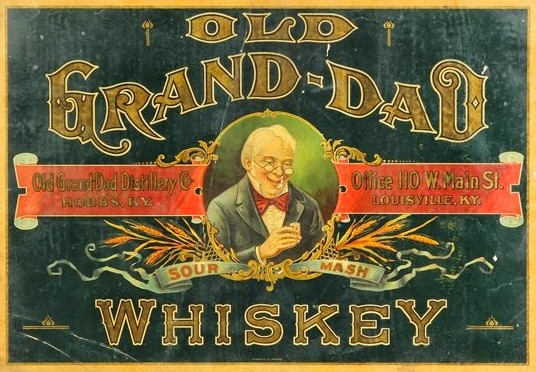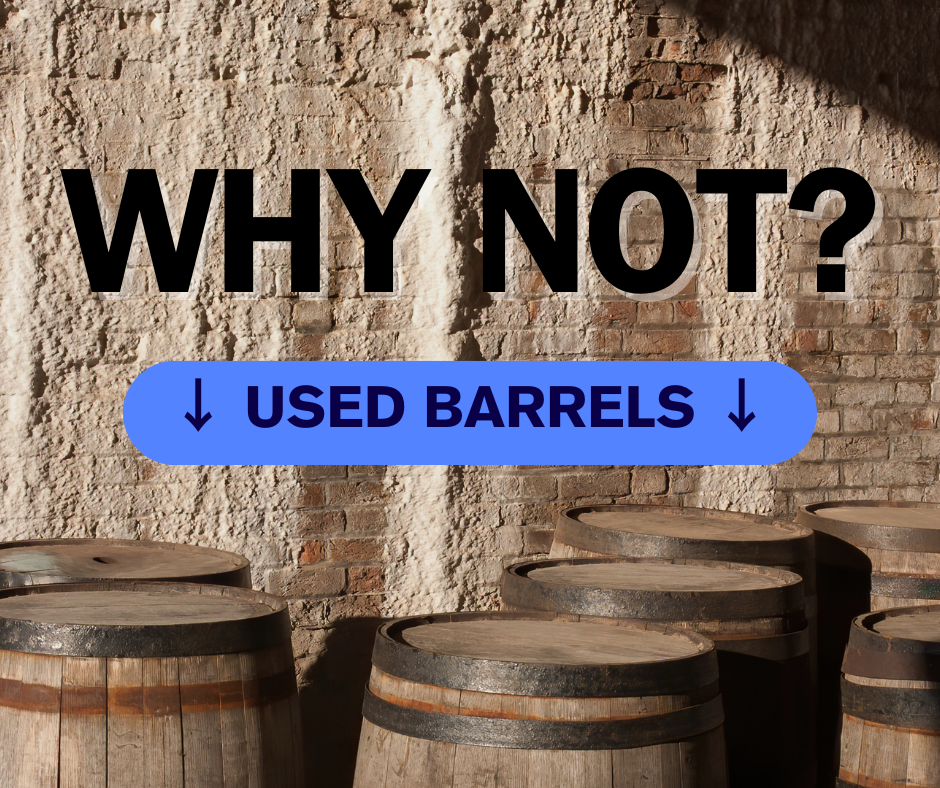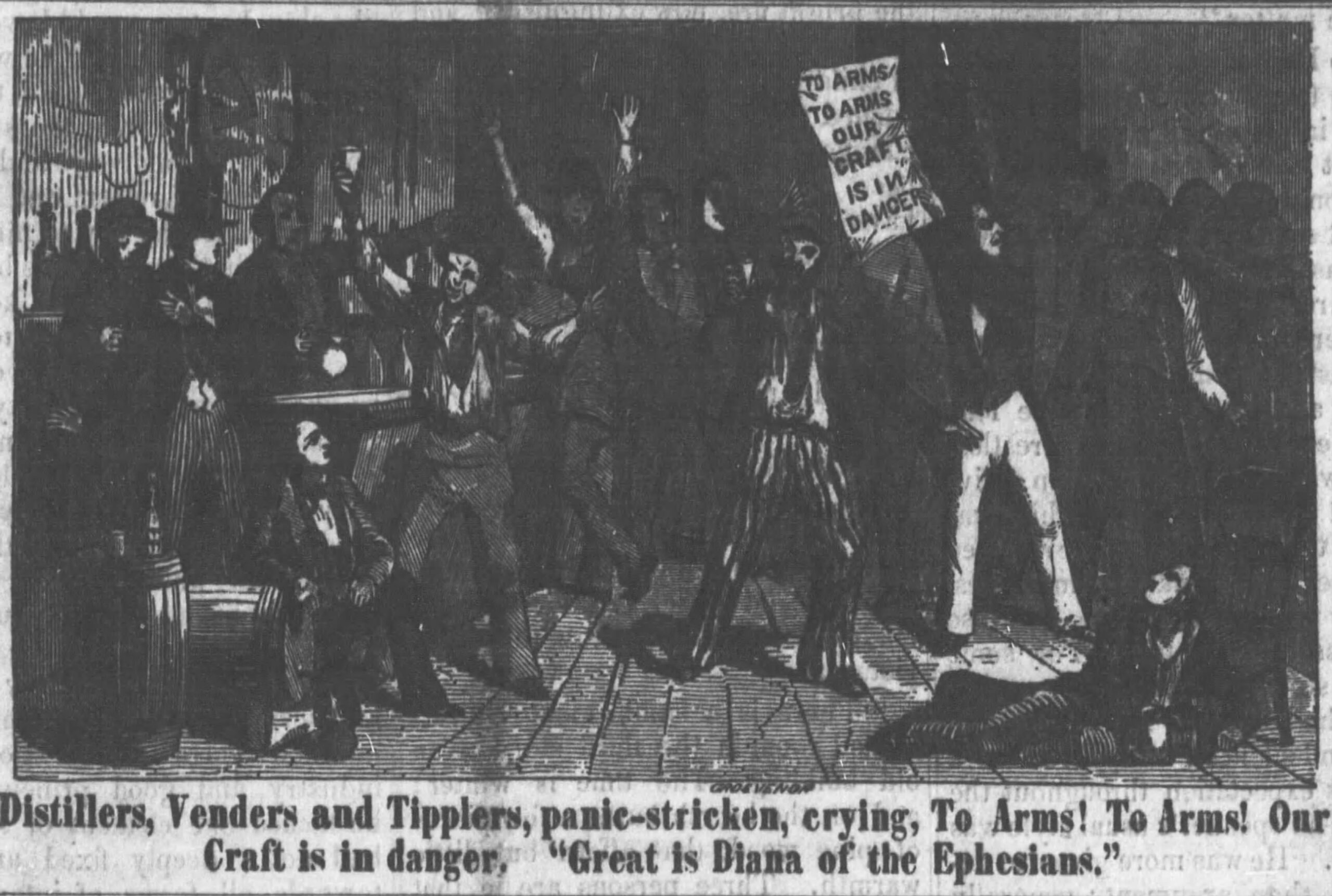The following blog contains a study of the Stitzel distilleries and the men behind them. Each of the 9 separate parts copied below were written in May and June of […]
Steam Heated Warehouses…and Eggs?
One of the glossed over elements necessary in the production of traditional Pennsylvania rye was the nearly universal use of heated warehouses. The steam-heating of warehouses is mentioned occasionally, but […]
Is Whiskey Medicinal?
I don’t doubt that you’ve seen articles in every whiskey publication about whether whiskey is medicinal or not. There are videos and blogs and podcasts on the topic. Many new […]
Steamboats on the Ohio River
It’s great to come across articles like this that give credit to the steamboat crews. More importantly, it points out something we don’t often consider. That steamboats and showboats were […]
Cyrus Noble’s Three Sworn Enemies.
When you read this newspaper ad from 1913, your first thought might be, “Well, this person hates whiskey and promotes the temperance movement.” But oddly enough, it’s a sales ad […]
The Distilleries of Somerset County, Pennsylvania
So much of Pennsylvania’s distilling history has been lost to time. One glaring example of forgotten history has been Somerset County’s distilleries, once well-known in the whiskey trade for their […]
“Jug Towns”
Years ago, I was reading an old history book which referenced “jug towns.” It explained that jug towns were essentially early factory towns. These scattered settlements sprang up around clay […]
Old Grand Dad. In 5 Parts.
Part One. Introduction. Perhaps we should begin where I began- By asking, “Where was Old Grand Dad originally made?” Jim Beam’s website explains the brand’s history this way: “Known as […]
Why Don’t Distilleries Re-Use Barrels?
I have always found it odd that American distillers are prohibited from re-using barrels. It’s not as if the practice of “secondary aging” with used barrels isn’t completely commonplace today! […]
The Slow Game of Zealotry.
The temperance movement did not spring out of a hole in the ground. It took about 100 years to impose its will upon the United States and upon our Constitution. […]




